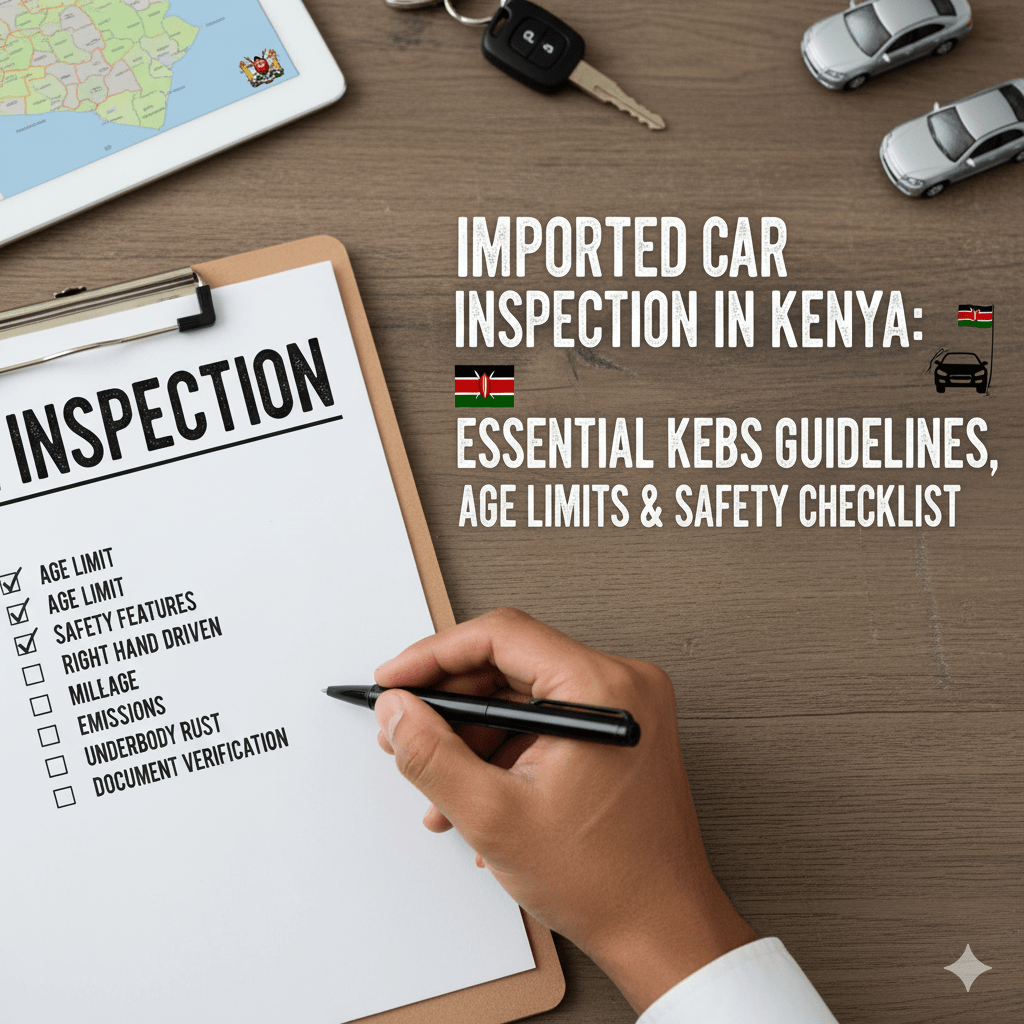Logbook Loan Guide: What to Consider Before Applying for a Loan

In Nairobi, Kenya, logbook loans have become a prominent financial solution for individuals seeking swift access to funds.
This comprehensive market report explores the dynamics of logbook loans, encompassing their definition, functioning, borrower motivations, loan disbursement statistics, application steps, key requirements, benefits, drawbacks, due diligence practices, consequences of arrears, renegotiation options, and strategies for managing repayment challenges.
What is a Logbook Loan?
A logbook loan is a secured loan where borrowers use their vehicle's logbook (ownership document) as collateral. This allows them to secure funds while retaining vehicle possession. The logbook remains with the lender during the loan tenure and is returned to the borrower upon full repayment.
How Do Logbook Loans Work?
When applying for a logbook loan, borrowers offer their vehicle as security. The loan amount is determined by the vehicle's value and borrower's repayment capability. Repayments encompass both the principal and interest. Borrowers can continue using their vehicle during the loan period. Upon successful repayment, the logbook is returned.
Why Do People Turn to Logbook Loan Companies?
Individuals often turn to logbook loans due to their accessibility, rapid approval process, and suitability for addressing immediate financial needs. These loans provide a lifeline for those requiring urgent financial assistance, bridging temporary cash gaps or fulfilling pressing obligations.
Logbook Loan Disbursement Statistics
While specific monthly figures vary, an estimated several thousand logbook loans are disbursed in Nairobi each month, reflecting the popularity and demand for this financial product.
5 Steps to Getting a Logbook Loan
- Application
Submit an application to a reputable logbook loan provider. - Vehicle Valuation
The lender evaluates the vehicle's worth. - Documentation
Provide necessary documents such as identification, logbook, and proof of income. - Approval
Once approved, loan terms are communicated. - Repayment
Borrowers repay the loan within agreed-upon terms.
Top 7 Requirements for a Logbook Loan
- Vehicle Ownership
The vehicle must be registered in the borrower's name. - Valid Logbook
A copy of the logbook is required. - Identification
Valid ID, such as a national ID or passport. - Proof of Income
Evidence of a stable income source. - Address Verification
Document confirming current address. - Insurance
Comprehensive insurance coverage for the vehicle. - Vehicle Inspection
Some lenders may require an inspection.
Reasons to Get a Logbook Loan
- Emergency Expenses
Logbook loans can cover unexpected medical bills or urgent repairs. - Speedy Access
Approval process is faster compared to traditional loans. - Credit Flexibility
Loans are accessible without stringent credit checks.
Reasons NOT to Get a Logbook Loan
- Higher Interest Rates
Logbook loans typically carry higher interest rates. This ranges between 2% and 15% per month depending on the company. - Risk of Repossession
Defaulting may lead to vehicle repossession. - Credit Impact
Missed payments can negatively affect credit scores.
How to Do Due Diligence on a Logbook Loan Company
- Research Reputation
Seek lenders with positive reviews and customer testimonials. - Registration Check
Verify the lender's registration with regulatory authorities. - Thoroughly Read Terms
Understand loan terms, interest rates, and repayment conditions. - Transparent Fees
Ensure there are no hidden charges. - Customer Support
Gauge customer service quality and responsiveness.
What Happens If You End Up in Arrears to a Logbook Loan Company?
Defaulting on logbook loan payments can result in vehicle repossession. The lender retains ownership of the logbook until the debt is cleared.
How Do I Renegotiate My Logbook Loan?
- Contact the Lender
Initiate communication about financial challenges. - Explain the Situation
Clearly state your current circumstances and repayment difficulties. - Negotiate New Terms
Discuss potential adjustments to the repayment plan.
What Should I Do If I Can’t Afford to Repay Logbook Loan Debt?
- Open Communication
Inform the lender about your financial constraints. - Professional Guidance
Seek advice from financial professionals to devise a feasible repayment strategy. - Budget Realignment
Prioritise loan repayments and trim discretionary spending.
Conclusion
Logbook loans have carved a niche in Nairobi's financial landscape, offering quick solutions for urgent fund requirements. Thorough understanding of their workings, advantages, drawbacks, and potential repercussions is essential. Responsible borrowers should evaluate their financial capability and explore alternatives before pursuing logbook loans. Transparent communication, prudent due diligence, and expert advice when necessary are vital for a secure financial journey.
Please note that this report provides general information and does not constitute financial advice. It's advisable to consult with a financial professional before making significant financial decisions.
About Kifedha
Whether it's for working capital, medical emergencies, school fees, or business expansion, Kifedha remains a trusted partner for individuals seeking logbook loans since 2016. With loan amounts ranging from KES 50,000 to 1,000,000, based on vehicle make and model and client eligibility, Kifedha continues to empower dreams and businesses.
With branches strategically located in Ongata Rongai, Kitengela, Ngara, Kiambu, and Thika, Kifedha serves customers across Nairobi, Kiambu, Machakos, and Kajiado Counties.
For those seeking swift financial solutions, Kifedha Limited is just a call away. Contact us through our contact form, call us on +254791573231 or visit one of our branches to explore financial opportunities.




Comments ()